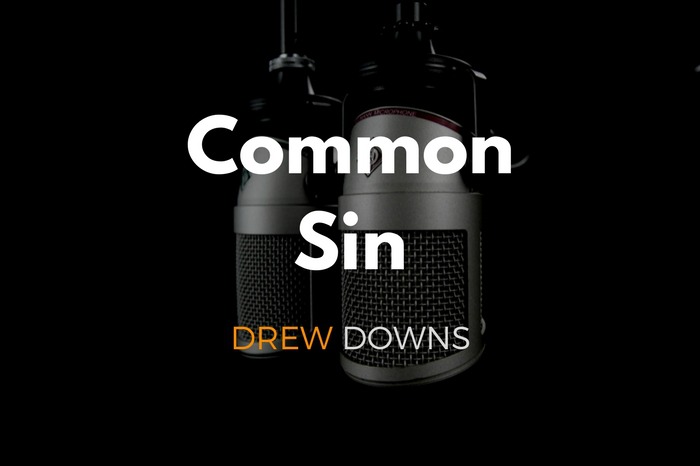29. To fulfill the missio dei, Catholics and Protestants must repent of their common sin to power.
Martin Luther saw something in the church others couldn’t. He found a flaw, running through the foundation of the faith. A flaw which influenced both the theology and practice of the church.
Luther’s discovery was simple: that the common belief and practice limited the agency of God. This discovery so stressed him out, it disrupted every aspect of his life. The stress built up until he couldn’t take it any more and it burst from him like tomato sauce from a jar crashing to the floor.
This great flaw Luther sought to correct was that God couldn’t be God if we could manipulate God.
We could liken this to a power-struggle. Like humanity trying to steal the power from God by causing God to act.
But the problem also went deeper and it wasn’t just about God.
Selling indulgences gave the church power over the people. And it gave more power to the wealthy while stealing it from the poor.
In this, the sin of the church was found. It wasn’t simply in the blasphemous power over God in buying freedom. It was also the power to oppress the faith of the average Christian.
So to Luther, there were two problems: power over God and power over individuals.
Unfortunately, the reform only solved part of the problem.
Reformers tried to solve the problem by raising the power of God. But how they defined God’s action in the world did nothing to lessen human control over the action of God. Protestant theology simply steals God’s agency in new ways. From predestination to a view of salvation which turns God into a Pez dispenser, we still wield the power to provoke God with action.
And at the same time, our practiced power was no less a problem. The practiced power of the Protestant church shifted from hierarchical power over all the people to the power of ministers and ministry teams to wield power over the individual.
And this sickness has only gotten worse with our rampant individualism.
Protestant theology, which has emphasized the place of the individual has left the individual victim to the charismatic leader. The decentralized power structure has mutated into an either/or choice between a powerful elected star chamber or the charismatic individual empowered by God.
Or it as found many individuals to fall victim to the massed individuality of the faithful: those gathering to ascribe other individuals evil and worthy of rejection.
None of the manifested institutional structures have brought the certainty or freedom from abuse Luther condemned. It merely encouraged the abuse of power to take a different shape or character.
The Common Sin
The reason Protestantism couldn’t correct the flaw in catholicism is that it didn’t address the actual common sin.
Luther and the other reformers were looking for sin in the structure and theology. Of course they couldn’t find it. Because it wasn’t there. It is in the will to power itself.
In this way, condemning indulgences or an understanding of blessing and mercy stemming from human behavior doesn’t even come close to touching the sin of power because it doesn’t actually name the power as sin.
In this way, the pope and an Anglican archbishop are no more or less sinful because of their place in the system than a megachurch pastor or the pastor of a little church out in the middle of nowhere. That’s because nothing about the structure changes the sin of power. Abuse and victims can be found in all of these places.
This is the sin from which we must repent and turn. From the need for power. Turn from that need to be right, certain; from that need to control and determine; from that terrible sense of superiority.
Repent from sin, as Luther calls for in his Theses. The sin which afflicts Catholics and Protestants alike. The sin of power.
[This is Thesis #29 of my 31 Theses. To read them all, visit the 31 Theses introduction page.]

